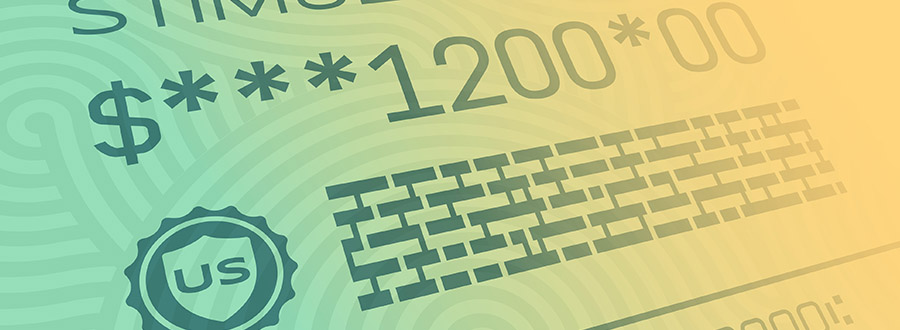Key Points
- Creditors are more willing to negotiate a lower payoff on delinquent accounts.
- Accepting an account settlement is often less expensive than the cost of collections, selling the account to a debt buyer, or taking you to court.
- A lump-sum payment using stimulus funds or a tax refund could lead to a lower settlement.

When Congress passed the latest stimulus relief bill, it received comprehensive support among consumers. Polls indicate that 76% of voters wanted the package to pass. Not because everyone needed the money. Consumers spent the first round of stimulus payments to pay down debt (31%), increase savings (27%), and purchase household goods, including food (16%). A smaller percent used to money to catch up on rent and utility bills delayed due to financial hardship.
In fact, one consumer told CNBC that she considered the latest relief payment as “restitution for everything else people have given up throughout the past year.”
When your direct payment becomes a bonus, stimulus checks, like tax refunds and other one-time payments, could provide a way to accelerate your debt payoff.
How Debt Settlement Works
To effectively settle debt, you must have delinquent accounts and enough savings to make a lump sum payment. Using your monthly income to save can be difficult if you are already behind on your bills.
While $1,400 may not seem like a lot, especially if you have thousands of dollars in enrolled debt. Even with a limited amount, you might settle an account with an enrolled balance of $4,000 for $1,600 if you received a 60% discount. A creditor with an enrolled balance of $3,000 might accept a 50% discount with a one-time payment of $1,500. When you receive a stimulus payment for a spouse or dependents, you might be able to settle an account with a much larger enrolled balance.
Why Debt Collectors Agree to Settlements
Creditors have limited ways to collect delinquent accounts without collateral. A debt collector can harass you or sue you. Taking you to court is costly and time-consuming, without any guaranteed that they will be able to collect on the total amount owed.
When you get behind on your payments, there is more risk they will not get paid. In addition to the risk of non-payment, the further behind you get, the less value your account has to both the creditor and any potential debt buyer.
Debt settlement provides a middle ground, where the creditor can receive some payment without litigation costs. Creditors either accept a one-time payment or a series of disbursements over three to 12 months. They typically offer a steeper discount for a lump sum payment because it holds less risk to the creditor. The longer the repayment, the more likely you are to miss a disbursement.
How Creditors Treat Tax Season
Creditors understand that during tax season, millions of consumers receive tax refunds. Of those who filed taxes in 2020, around 75% received a refund averaging $3,000. For many families, that represents the largest check they receive all year.
Debt collectors want to get a piece of this windfall and are more willing to accept lower payoffs for lump-sum amounts to capture a larger share of your refund. The same principle is true for stimulus payments. If you are currently delinquent on credit card payments or enrolled in a debt settlement program, you may be able to capitalize on the account status to negotiate a more favorable settlement.
Another factor in the settlement equation is that most consumers who fall behind have more than one delinquent account. Creditors must compete with offers you may receive from other creditors to get paid. To do this, they offer a more favorable settlement, so you will choose to pay them instead of another creditor.
